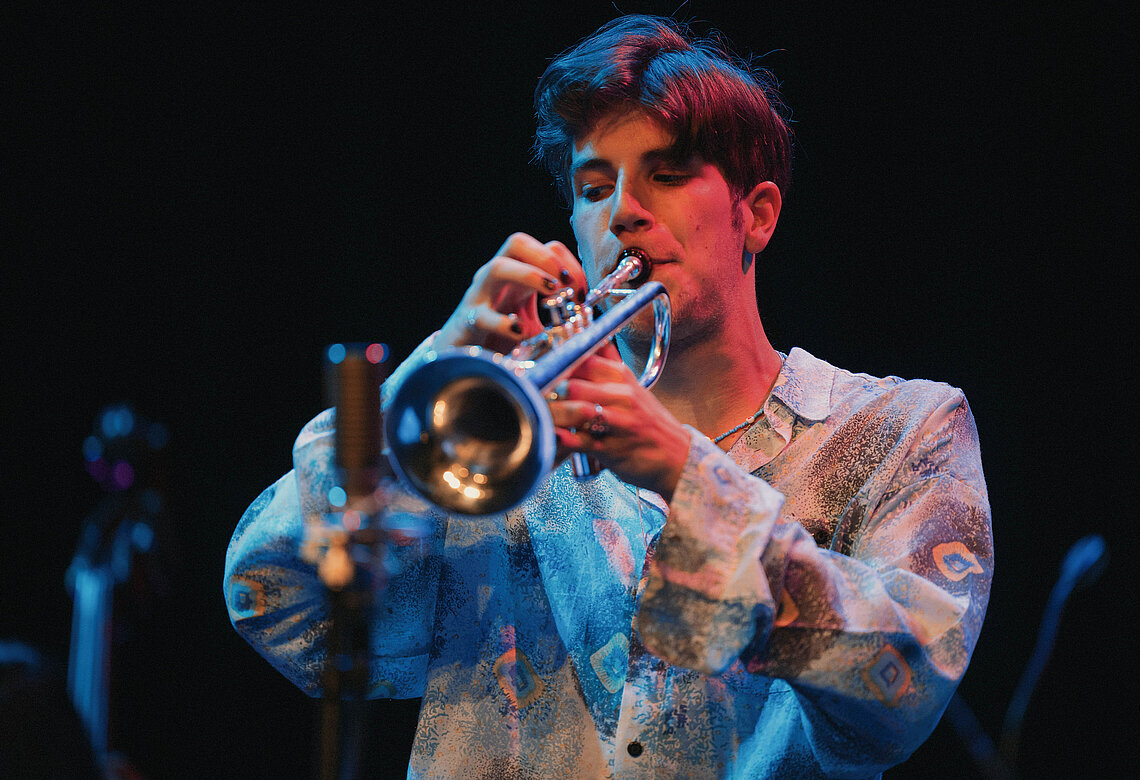Jazz
Codarts Jazz is the study programme which trains students to be technically strong and creative jazz musicians, in four years. As a student, you delve into the rich jazz tradition and you learn how to improvise a great deal.
Jazz

Codarts Jazz is the study programme which trains students to be technically strong and creative jazz musicians, in four years. As a student, you delve into the rich jazz tradition and you learn how to improvise a great deal.
